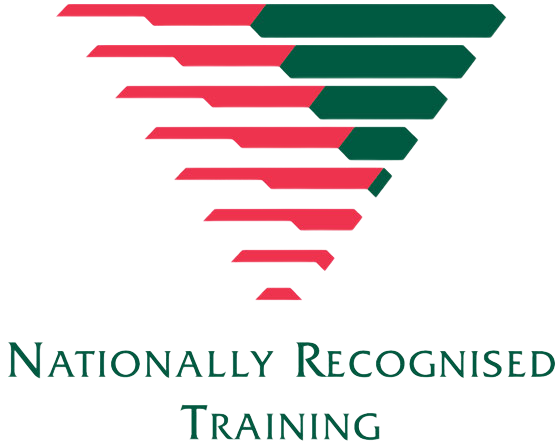Construction managers are among the highest-paid professionals in the building and construction industry, so it’s no surprise that this might be a career goal of yours. Let’s explore how you can make this happen!
What is a Construction Manager?
Construction Managers oversee all day-to-day operations on a construction site. They are responsible for coordinating staff, managing resources, and ensuring that projects are completed on time, within budget, and according to the agreed specifications. They play a crucial role in the success of both small-scale and large-scale construction projects, making them integral to the building industry.
Key Responsibilities of a Construction Manager
Construction Managers must have a thorough understanding of the industry and be capable of managing multiple moving parts on-site. Their tasks and duties include:
- Interpreting plans and specifications.
- Coordinating labour resources and the procurement and delivery of materials, plant, and equipment.
- Negotiating with building owners, property developers, and subcontractors to ensure projects are completed on time and within budget.
Every project requires unique management skills, so construction managers need to be flexible, adaptable, and knowledgeable about a wide range of construction methods and processes.
How to Become a Construction Manager
If you’re aiming to become a Construction Manager, there are a few key steps you’ll need to follow:
Step 1: Obtain a White Card
To work in the construction industry, you’ll need to have a White Card. This certification demonstrates that you have completed official construction induction training with a registered organisation in Australia. It’s your entry point into the industry and a legal requirement for all workers on a building site.
Step 2: Start in an Entry-Level Position
Most Construction Managers begin their careers in entry-level roles within the construction industry, such as a labourer or apprentice. Gaining hands-on experience is crucial for understanding the dynamics of a job site.
Step 3: Gain Practical Experience
Practical experience is one of the most important aspects of becoming a successful Construction Manager. Every project is different, and the more varied your experience, the better equipped you’ll be to manage complex projects.
Step 4: Obtain a Relevant Qualification
To advance in your career, you will need to complete a qualification like the Diploma of Building and Construction (Management) (CPC50320) or the Advanced Diploma of Building and Construction (Management) (CPC60220). These courses provide the advanced knowledge needed to manage large, complex construction projects.
Step 5: Check Licensing Requirements
Each State and Territory in Australia has its own licensing requirements for Construction Managers. Be sure to check with the appropriate regulatory body in your area to ensure you meet the necessary criteria to register as a Construction Manager.
Building a Successful Career as a Construction Manager
Construction Managers are some of the highest-paid professionals in the building industry, but it’s not just about the salary. This role offers the chance to be a part of large, impactful projects, from residential builds to massive infrastructure developments.
With the right combination of experience, formal training, and licensing, a career as a Construction Manager can be incredibly rewarding and offers excellent long-term prospects. Whether you want to work in residential, commercial, or civil construction, the opportunities are vast.
Don’t Worry, We Can Help You Get There!
At Techskill Academy, we offer the Advanced Diploma of Building and Construction (CPC60220), which is essential for those looking to advance their careers as Construction Managers. This qualification will equip you with the advanced knowledge and skills required to manage complex building projects.
In addition, our team can provide guidance on understanding the licensing requirements relevant to your role as a Construction Manager in your State or Territory, helping ensure you remain compliant with regulatory standards.




